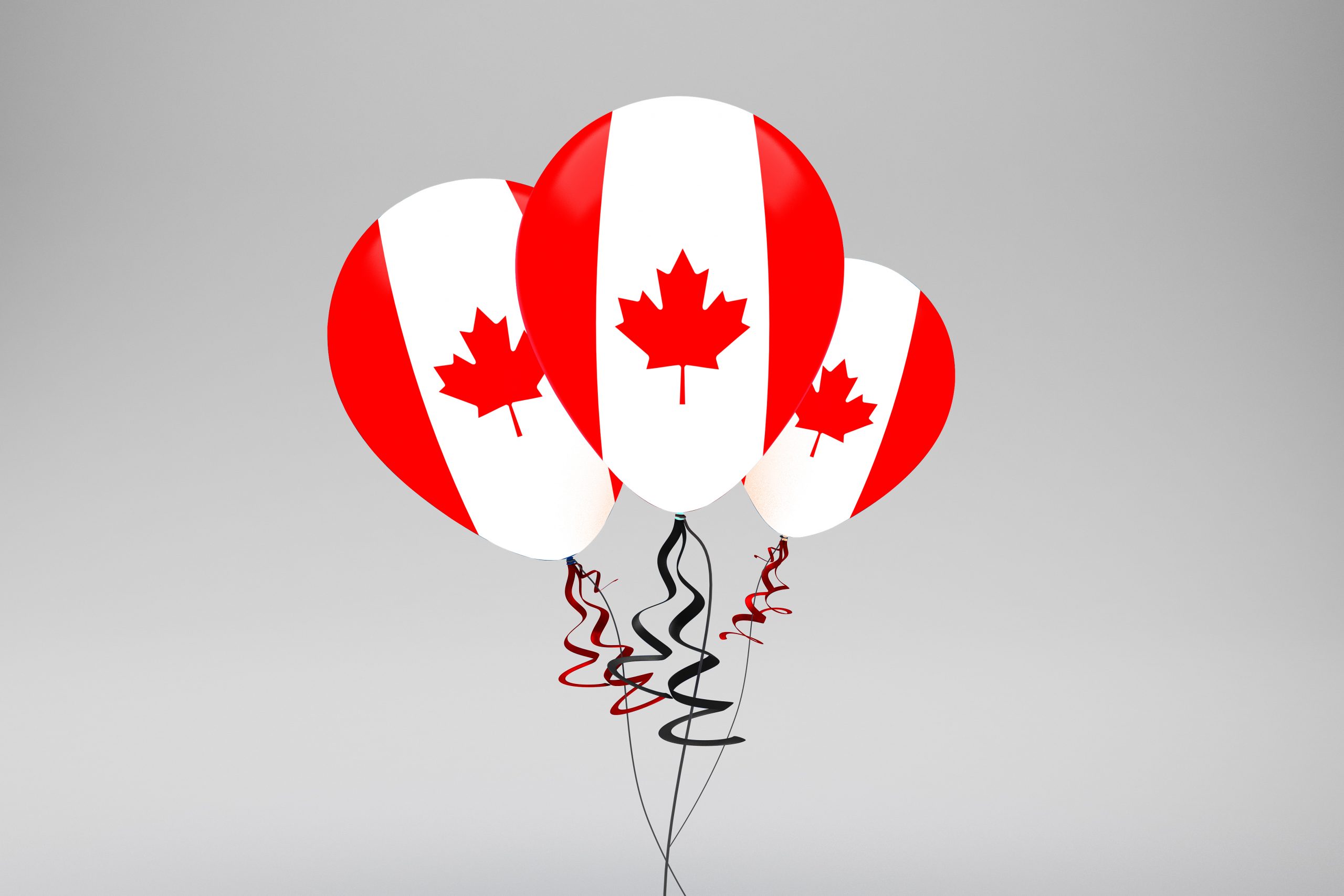Begin your home buying journey with one of our Mortgage Professionals, and let us simplify the mortgage process for you, making your life easier.
FAQ
Ensure you’re prepared for the two major costs of home ownership:
Upfront Costs: This includes the initial expenses such as the down payment, closing costs, and applicable taxes needed to purchase a home.
Ongoing Costs: These are the continuous expenses associated with living in your own home, encompassing mortgage payments, property taxes, insurance, utility bills, condominium fees (if applicable), and routine maintenance. It’s also important to consider potential major repairs like roof replacement or foundation repair, as well as any additional maintenance costs for properties not connected to municipal services.
Down payment requirements vary depending on the type of mortgage and lender. Conventional loans typically require 5% to 20% of the home’s purchase price.
Land transfer taxes are provincial taxes payable by the buyer upon purchasing a property. In Ontario, both provincial and municipal land transfer taxes apply. The amount depends on the property’s purchase price and location.
Required documents typically include proof of identity (e.g., government-issued ID), proof of income (e.g., pay stubs, tax returns), employment verification, details about the property being purchased, and information about your assets and liabilities.
The timeline for purchasing a home in Ontario can vary. On average, it takes about 30 to 60 days from the time an offer is accepted to the closing date. Factors such as mortgage approval, home inspections, and legal procedures can influence the timeline.
The Ontario Home Energy Conservation Incentive Program provides financial incentives and rebates to homeowners who make energy-efficient improvements to their homes. This program helps reduce energy costs and increase property value.
PMI is insurance that protects the lender if you default on your mortgage and have less than a 20% down payment. It is typically required for conventional loans with down payments of less than 20%. FHA loans have a similar insurance called MIP (Mortgage Insurance Premium).
Refinancing involves replacing your current mortgage with a new one, often to obtain a lower interest rate, change loan terms, or tap into home equity. Consider refinancing when interest rates are lower than your current rate, or when you want to access cash for home improvements or debt consolidation.
To improve your chances of qualifying for a mortgage, consider:
Improving your credit score by paying bills on time and reducing debt.
Saving for a larger down payment.
Maintaining stable employment and income.
Gathering and organizing necessary financial documents.
Commonly required documents include:
Proof of identity (e.g., government-issued ID).
Proof of residence (e.g., utility bill).
Income verification (e.g., pay stubs, tax returns).
Employment verification.
Bank statements.
Information about the property being purchased (e.g., purchase agreement).
you can access numerous government programs and incentives? Make sure you’re taking full advantage of these benefits! Ontario offers several support programs to help you purchase your dream home. Check out these key programs:
- First-Time Home Buyer Incentive (FTHBI)
- What it is: A shared-equity mortgage with the Government of Canada.
- Details: The government provides 5% or 10% of the home’s purchase price for a down payment, reducing your mortgage and monthly payments.
- Eligibility: Canadian citizens, permanent residents, and non-permanent residents legally authorized to work in Canada. Household income must be under $120,000, and the mortgage plus incentive can’t exceed 4 times the qualifying income.
- Land Transfer Tax Rebate
- What it is: A rebate on the Ontario Land Transfer Tax (LTT).
- Details: Up to $4,000 rebate. No LTT if the home costs less than $368,000.
- Eligibility: First-time homebuyers must be at least 18 years old, occupy the home within nine months, and not have owned a home anywhere in the world.
- Home Buyers’ Plan (HBP)
- What it is: Allows first-time homebuyers to withdraw up to $35,000 from their RRSPs to buy or build a home.
- Details: The withdrawn amount must be repaid to the RRSP within 15 years.
- Eligibility: Must be a first-time homebuyer, not having owned a home in the previous four years.
- First-Time Home Buyer Tax Credit (HBTC)
- What it is: A non-refundable tax credit for first-time homebuyers.
- Details: Worth up to $750.
- Eligibility: Must be a first-time homebuyer and have purchased a qualifying home.
- CMHC Green Home Program
- What it is: Offers a refund on mortgage loan insurance premiums for energy-efficient homes.
- Details: Up to 25% of the mortgage loan insurance premium may be refunded.
- Eligibility: Available to buyers with CMHC mortgage loan insurance who purchase an energy-efficient home or make energy-saving renovations.
- Ontario Home Ownership Savings Plan (OHOSP)
- What it is: Provides tax benefits for first-time homebuyers saving for a down payment.
- Details: Contributions may be deductible from taxable income.
- Eligibility: First-time homebuyers and those who haven’t owned any property for the past five years.
- Canada Mortgage and Housing Corporation (CMHC) Programs
- Details: Various programs and resources to support first-time homebuyers, including mortgage loan insurance and educational resources.
These programs make home ownership more accessible and affordable for first-time buyers in Ontario. Make sure to explore these options and take advantage of the support available to you!
First-time home buyers in Ontario can access financial assistance such as the First-Time Home Buyer Incentive (FTHBI), Ontario First-Time Home Buyer Land Transfer Tax Refund, and the Home Buyers’ Plan (HBP), which allows you to withdraw up to $35,000 from your RRSP for your down payment. These programs help reduce the upfront costs associated with buying a home.
The minimum down payment required in Ontario depends on the price of the home. For homes priced under $500,000, the minimum down payment is 5%. For homes priced between $500,000 and $1 million, the minimum is 5% for the first $500,000 and 10% for the remaining amount. If the home costs over $1 million, a 20% down payment is required.
The First-Time Home Buyer Incentive (FTHBI) is a government program that offers first-time buyers a shared-equity mortgage with the government. The government offers 5% or 10% of the home’s purchase price to help reduce your monthly mortgage payments. To qualify, your household income must be under $120,000, and you must meet other specific eligibility criteria.
Mortgage rates in Ontario vary depending on the lender, type of mortgage (fixed or variable), and the buyer’s financial profile. As of now, typical rates range from 4% to 6% for a 5-year fixed-rate mortgage. It’s best to shop around and compare offers from different banks and brokers to find the best deal.
The Ontario Land Transfer Tax is a tax levied on the purchase of real estate. The tax is calculated as a percentage of the purchase price. First-time home buyers may be eligible for a refund of up to $4,000 on the Ontario Land Transfer Tax if the home is located in Ontario and meets eligibility requirements.
Yes, first-time home buyers in Ontario are eligible for a Land Transfer Tax Refund of up to $4,000 if the home is valued at $368,000 or less (as of 2024). If the home is priced over $368,000, you may still be eligible for a partial refund, but the maximum rebate decreases as the price increases.
Most lenders in Ontario require a minimum credit score of 600 to 650 to qualify for a standard mortgage. However, a higher score (700 or above) will give you access to better interest rates. If you have a lower credit score, you may need to apply for a subprime mortgage with higher rates or consider improving your credit score before applying.
To get pre-approved for a mortgage in Ontario, you need to provide a lender with documents such as proof of income, employment history, credit score, and details about your debts and assets. The lender will assess your financial situation and give you a pre-approval letter, which tells you how much you can borrow.
During a home inspection, you should look for any structural issues, problems with the roof, foundation, plumbing, electrical systems, and HVAC. Check for signs of water damage, mold, and pest infestations. An inspection can reveal hidden problems and help you make an informed decision about whether to proceed with the purchase or negotiate repairs.
Yes, you can get a mortgage for a second home in Canada. However, the requirements and rates may differ from your first home, especially if the second home is a vacation property or an investment property. Lenders will assess your financial situation, including your income, credit score, and debt-to-income ratio.
For a second home in Canada, the minimum down payment is typically 5% if the property is worth less than $500,000. If the property is valued at more than $500,000, a down payment of at least 10% is required for the portion above $500,000. Investment properties may require a higher down payment, usually around 20%.
Mortgage rates for second homes can be slightly higher than those for primary residences, depending on the lender and the type of property. Second homes are generally considered riskier by lenders, especially if the property is used for vacation or investment purposes.
A second home is typically for personal use, such as a vacation home or a home for a family member. An investment property is purchased with the intent to generate rental income or capital gains. Lenders may offer different mortgage terms and require higher down payments for investment properties, and rental income may be considered to help qualify for the mortgage.
Yes, you can use the equity in your first home through a home equity line of credit (HELOC) or a second mortgage to help finance the purchase of your second home. However, keep in mind that this increases your overall debt, and you need to ensure you can comfortably manage the additional payments.
Yes, if you purchase a second home in Canada, you may be subject to additional taxes. These include the land transfer tax (which can be higher for a second home in some provinces) and, in certain provinces like British Columbia and Ontario, an additional property tax for second homes or non-resident buyers.
Bridge financing is a short-term loan used to cover the gap between the purchase of a new home and the sale of an existing one. It provides temporary funding to help you close on the new property before your current home is sold. The loan is typically repaid once the sale of your current home is completed.
Bridge financing is useful if you’re purchasing a new home before selling your existing one. It can help you secure the new property and avoid delays, especially if the sale of your current home is taking longer than expected or if you want to avoid the stress of moving twice.
Bridge financing typically comes with higher interest rates and fees compared to traditional loans. Additionally, there is a risk if your current home takes longer to sell or if you face a shortfall between the bridge loan and the sale price, potentially leading to financial strain. It’s important to evaluate the terms carefully before committing.
Testimonials
Each Office is Independently Owned & Operated • Brokerage 13072 | © Copyright 2024 . All Rights Reserved





